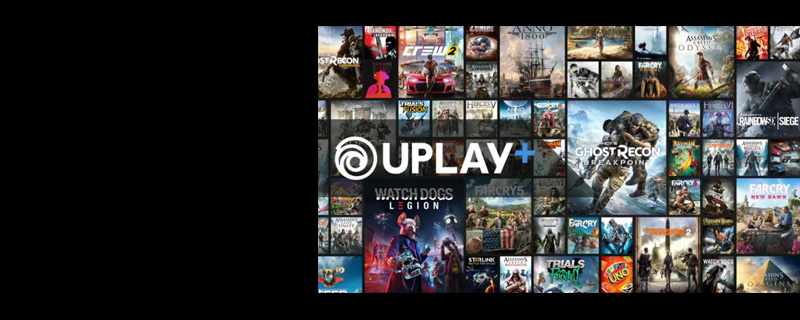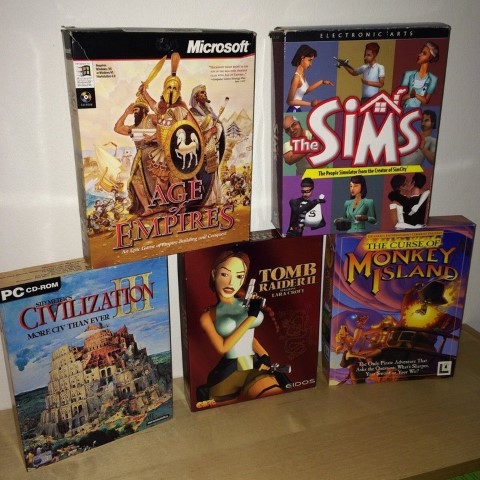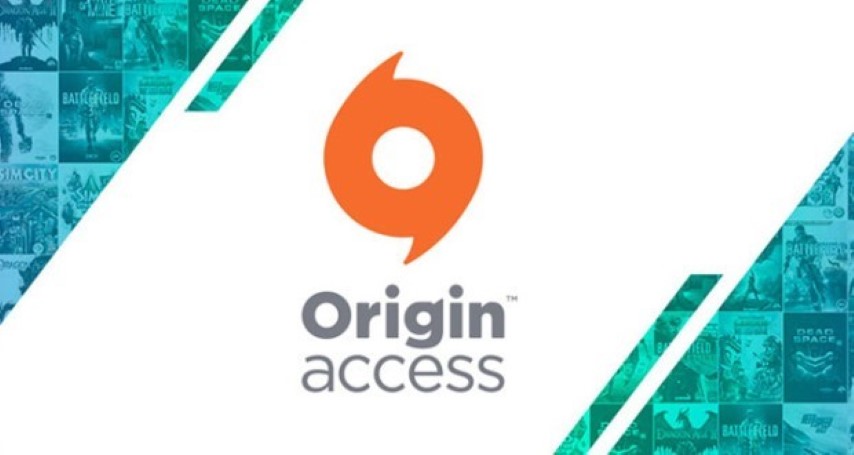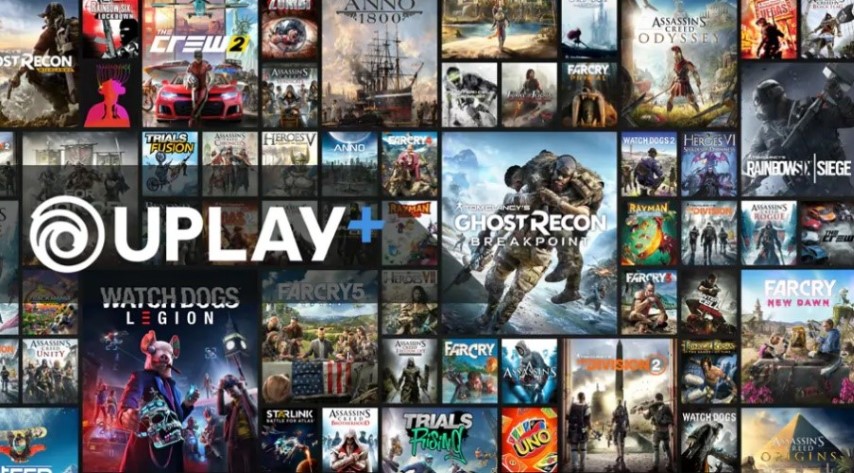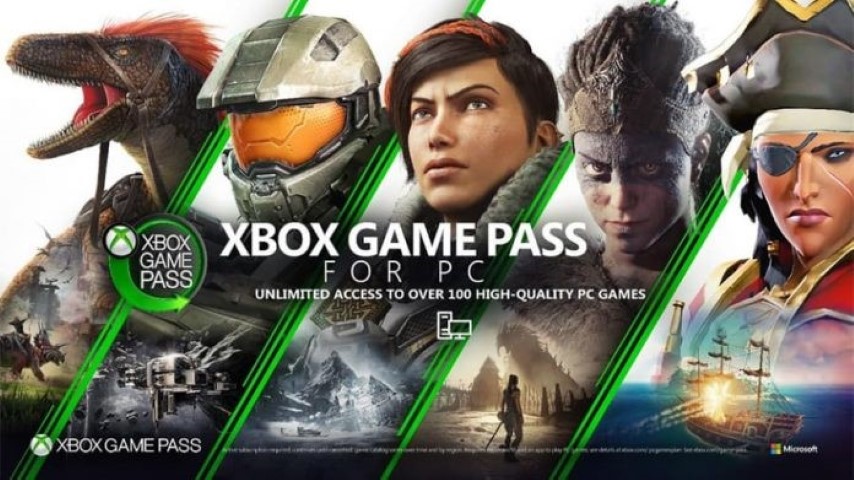
In the early days of computer gaming you bought a game and took it home. There was no online component needed and you had the games you bought at a local store. Your library of games was made up of the games you kept the media for.
The first real, widespread use of a subscription model for gaming was seen with the MMORPG movement. You paid a monthly fee for the game and got small updates on a regular basis slowly expanding your game. This eventually changed slightly with the early versions of the MMO system requiring you to buy the game and then pay extra for DLC. Most of todays games are free to start and add-ons are part of the subscription price.
Despite all of this you still, for most games, paid for the game and it was in your library. Of course, then came along EA with Origin Access, for a flat monthly fee you had access to a library of games that you could install or remove as you wish. Stopping the monthly fee would mean you could not play the games but restarting the fee and the games where again available.
We saw Uplay follow with their own system, Uplay+ and now Microsoft is in the game with XBOX Game Pass for PC. Will this become the new normal for PC gaming and if it does is this good for gamers?
Lets tackle the good for gamers question first. The idea behind a subscription system is that the company gets a steady flow of cash, not the roller coaster of cash flow that game launches bring. For the gamer this means you have a lower up-front cost for your gaming hobby, instead just a smaller monthly fee. This fee also has been shown in many cases to not just bring you the base games, but the deluxe versions of the games with all the extras, we see this in Uplay+. No need to buy DLC, it gets added automatically as it is released.
There is a definite advantage for gamers with this model. That single monthly fee means access to a large library of titles, the added DLC and day one access to new releases. Consider for a moment, using Uplay+ as an example, to have ALL the games in the Uplay+ library, assuming a cost of an average of $10 per game, you would pay $1190 for the current list. This is not counting DLC and new release costs. To own this large library of games you are paying $15 a month or $180 a year. Assuming NO new games were added using the values listed you would need to keep that subscription for over 6.5 years. When you throw in new game releases over that time the time frame expands even further.
There is an obvious value in the subscription model over the long run, if the subscription service you are part of is providing games you are interested in. The lower monthly fee can actually help a lot of gamers to play more games. However, what if for a month or so you cannot afford the monthly fee? Well the good news is, under the subscription model you do not lose anything if you take a month, two, six or even more off from the subscription. Restart the subscription and all your stuff is still there.
How about if you want to game during that down time? The subscription model, as currently presented, has an option for that. Being a subscriber to the service, you often get a discount if you want to buy games in your particular service outright. I have talked about this a little in my discussion of being able to play offline. It is worth having a few games in your library that do not require internet and that you also do not require the subscription service for.
The subscription model has another advantage not often talked about; it provides for a low cost gaming demo. By paying the single monthly fee for the subscription, you have full access to several games, allowing you a full demo to try out and see if that game is for you. If you like the game, you then have an option to buy it or just keep up with the subscription. No paying upfront for a game at $60 or more for a game on day one release, only to find out the game is not what you thought or is so poorly coded that it is not stable.
There is a lot to like about this model, but what about the down sides. Well as noted there is a need for a subscription account to be active. This means a set monthly fee. There is also the fact that with the current models out there, the game libraries are often limited in some nature, though that is changing.
This is where Microsoft and their recent efforts with the XBOX Game Pass for PC comes in. This is, in my opinion, one of the most open subscriptions models out right now. Not only does it offer games from Microsoft developers but many indie developers and even other publishers. This more open nature could lead to Game Pass becoming a real competitor to Steam in a few years, Add to this the recent announcement by EA to make their own Origin Access, now known as EA Play, part of the Game Pass subscription and there is a considerable expansion of the game library. However, that is not the only news. Zenimax has been purchased by Microsoft, bringing their entire library into the Game Pass system.
Just those two bits of news would be enough to push Microsoft to the forefront with Game Pass, but there is more. Game Pass is working to bring proper cross platform support for many games. This will mean if you game on XBOX or on PC, you will be able to game with your friends on the other platforms. This is a strong move that will really shift the market as it seems Microsoft has realized Console and PC gaming can support each other and not be in direct competition.
Now how far this will go and what other games will come to Game Pass is still something we have to wait and see. However, Microsoft is strongly positioned to make the subscription model a truly good alternative to the game ownership model currently in place. There is a real chance this could be the future for console and PC gaming.
The articles content, opinions, beliefs and viewpoints expressed in SAPPHIRE NATION are the authors’ own and do not necessarily represent official policy or position of SAPPHIRE Technology.




